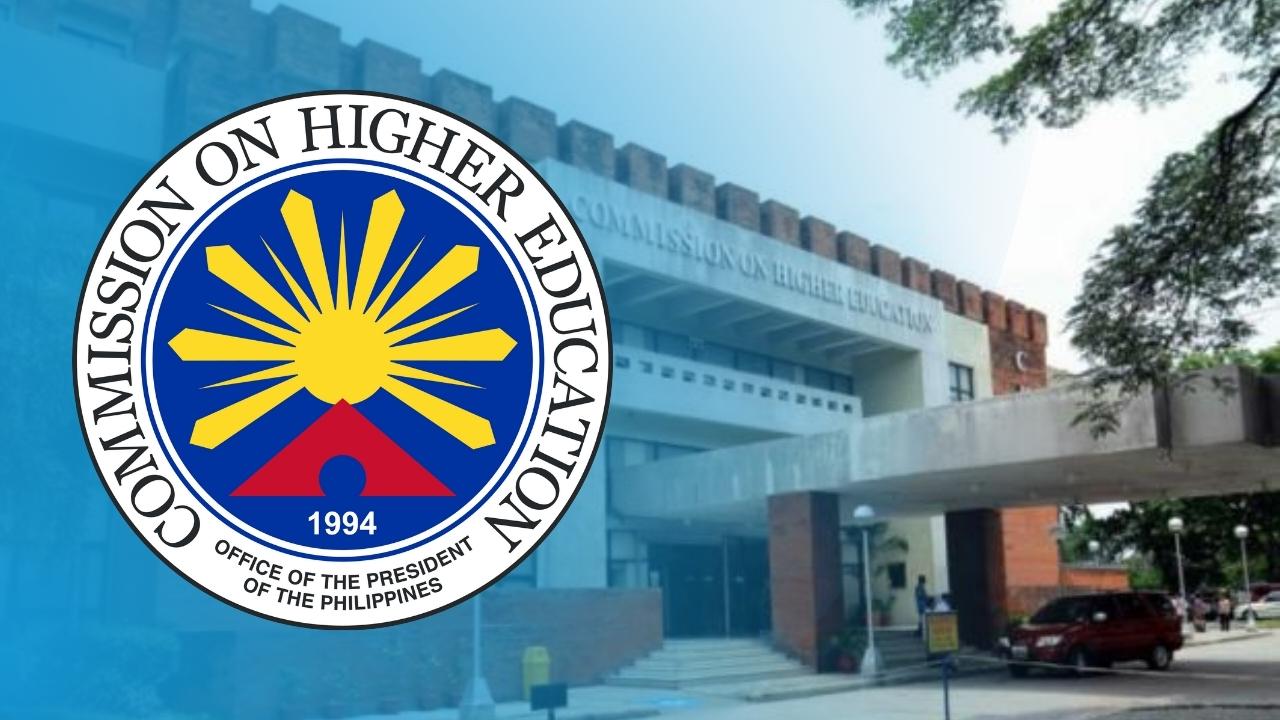‘Practically no takers’ for this type of student loan under CHEd
MANILA, Philippines — College students are less than enthused about the government’s student loan program that requires borrowers to pay their debt in full before they can graduate, Commission on Higher Education (CHEd) Chair Prospero de Vera III admitted to lawmakers.
As a result, “there were practically no takers for that type of loan,” the official told the Senate higher education committee on Wednesday.
De Vera was referring to the Student Loan Program (SLP) under the Unified Financial Assistance System for Tertiary Education (UniFAST), which replaced the discontinued Study Now, Pay Later Program (SNPLP).
The CHEd chief said his agency had earmarked P1 billion under the Unifast budget for student loans this year, but few were taking up the offer, making it difficult to fulfill the objectives of Republic Act (RA) No. 10931 or the Universal Access to Quality Tertiary Education Act.
Still, De Vera maintained that the SLP under Unifast, which is available only to students enrolled in private colleges or universities, was at least an improvement on the SNPLP, which the agency stopped in 2018 because the government found it hard to collect payments from the graduates.
Article continues after this advertisement10-percent collection rate
“This is better than the (SNPLP) before because that became the ‘Study Now Pay Never’ program. The collection rate was extremely low—it was less than 10 percent,” he said.
Article continues after this advertisementDe Vera was responding to questions from the committee chair, Sen. Francis Escudero, whose panel was deliberating on Senate bills proposing to expand the Unifast program.
He said the Senate would need to define the scope of its intended beneficiaries, as he expressed concern that proposed funding for the implementation of RA 10931 in 2023 was “even less than what CHEd needs.”
“How do we compute the fiscal impact of this measure, and will we be able to provide funding for this new direction?” he said.
According to De Vera, the primary difference between the old SNPLP and SLP is that the latter’s beneficiaries are required to pay within the school year.
Not allowed to graduate
The loaned amount may be paid beyond the one-year period but with interest, and the student will not be allowed to graduate until the obligation is settled, he said.
Baffled, Escudero asked: “How’s that? Where will the students get (the money to repay the government)?”
The SLP is one of the educational assistance subsidies under RA 10931; other programs include Free Higher Education, Tertiary Education Subsidy, and Free Tech-Voc Education and Training program.
According to the Unifast website, the short-term loan program offers a maximum loan amount of P60,000 for each student enrolled in private colleges, charging zero interest if paid within the academic year.
The SNPLP was first proposed by the late Sen. Benigno Aquino Jr. in 1968.
On June 10, 1989, his widow, then President Corazon Aquino, signed RA 6728, or the Government Assistance to Students and Teachers in Private Education Act, which included a provision for the loan program.
Under Section 11 of the law, a special fund was created known as the students’ loan fund that would cover tuition and other fees to be paid directly to schools.
The loan was not to exceed 12-percent interest yearly and should be paid upon the student finishing the course or profession, but no longer than two years from the time of employment.
Lower interest
In February 1998, the law was amended through RA 8545, which stated that the students’ loan fund would now be administered by CHEd and the Technical Education and Skills Development Authority.
The law also lowered the interest rate to 6 percent per year.
In a 2017 briefer on the program, CHEd said that under the SNPLP, “the student-debtor is obliged to pay CHEd the amount of loan availed of only two years after acquiring employment. If the student has not acquired gainful employment, ‘then the period of two years does not even begin to run.’”
Weak collection system
CHEd added that “the period of repayment will actually commence even if the student is subsequently not able to sustain that job and becomes unemployed again.”
The Commission on Audit (COA) has perennially called out CHEd for its weak loan collection system and inadequate records in connection with the release of SNPLP loans.
In its 2021 audit report, the COA noted the agency’s “weak loan collection mechanisms, inadequacy of records, and failure to establish an effective monitoring system.”
It found that SNPLP loans granted by CHEd’s regional offices in Central Luzon and Northern Mindanao resulted in collections of only P1.625 million, or 2.5 percent of the P64.9 million of loan receivables.
The COA has also flagged the Unifast program over “questionable releases” of funds.
Sen. Risa Hontiveros earlier cited the COA’s finding that Unifast logged P3.4 billion in “delayed and nonsubmission of billings and documents” to universities and colleges for 20 to 44 months.
Unifast also posted some P1 billion in “unimplemented and unreverted funds” for the SLP, and another P1 billion in “delayed release of financial benefits.”















